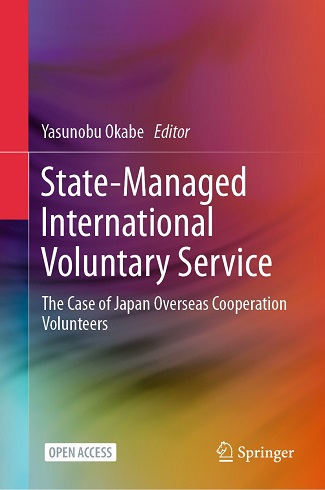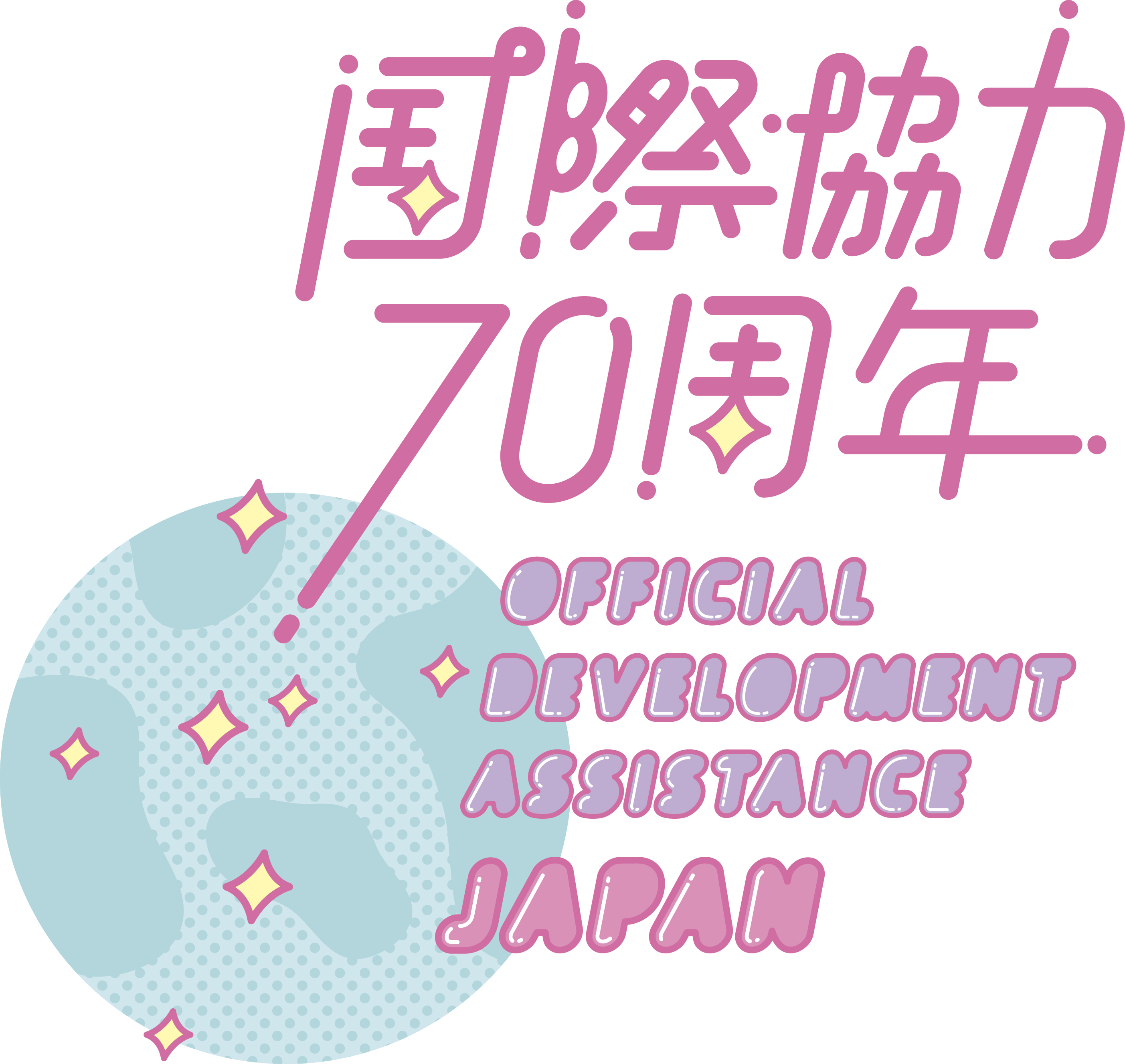Book-Launch Seminar “State-Managed International Voluntary Service: The Case of Japan Overseas Cooperation Volunteers”
event |

Poverty, infectious diseases, issues around education and environment, and other global challenges that span across national borders are becoming increasingly serious in recent years. The potential of international volunteer service in solving these is gaining attention. Given this background, the JICA Ogata Sadako Research Institute for Peace and Development (JICA Ogata Research Institute) has been conducting research that features the Japan Overseas Cooperation Volunteer (JOCV) Program (which is part of the JICA Volunteer Program today) to analyze the changes that international volunteer service brings to developing countries and their influence on the formation of global civil society.
Since its establishment in 1965, the principle of the JOCV Program has been to live together with the people of recipient countries, respect their voices and share their perspectives and values. Looking back on the six-decade history of the program, the real power of JOCVs is their ability to contribute to downstream impacts (the development of host communities) and to upstream impacts (the volunteers’ own personal and professional development, contributions back to Japanese society, and international friendship and mutual understanding).
Recently, the JICA Ogata Research Institute published the book “State-Managed International Voluntary Service: The Case of Japan Overseas Cooperation Volunteers
” as the final deliverable of the research project “Contributions of International Volunteers in Bringing Change to Developing Countries and Shaping a Global Civil Society,” with Professor Okabe Yasunobu, Tohoku University, as the editor. In this book, the concept of state-managed international voluntary services (SMIVS) is proposed, the contribution of JOCVs to both downstream and upstream benefits is analyzed and the strengths and weaknesses of SMIVS are discussed. Furthermore, from a wider perspective, the significance and potential of SMIVS is considered.

In this seminar, Okabe will share an overview of this book and an expert will give a review. After that, the authors of this book, both researchers and practitioners, will join a discussion on the book, particularly on its academic significance and the practical suggestions made.
1. Opening remarks
2. Book overview
3. Book review
4. Roundtable discussion
5. Q&A
6. Closing remarks
Opening remarks
Miyahara Chie
, Director General, JICA Ogata Research Institute
Book overview
Okabe Yasunobu, Professor, Faculty of Law, Tohoku University / Visiting Fellow, JICA Ogata Research Institute
Book review
Okada Aya, Professor, Graduate School of Information Science, Tohoku University
Roundtable discussion (English/Japanese simultaneous interpretation available)
Anthony Fee, Senior Lecturer, University of Technology Sydney
Onuki Mayuko, Assistant Professor at the Graduate School of Asia-Pacific Studies, Waseda University
Yamada Koji, formerly of JICA Bhutan Office/ Visiting Professor, Musashino University
Okada Aya, Professor, Graduate School of Information Science, Tohoku University
Moderator: Okabe Yasunobu, Professor, Faculty of Law, Tohoku University / Visiting Fellow, JICA Ogata Research Institute
Closing remarks
Tachibana Hideharu, Director General, Secretariat of Japan Overseas Cooperation Volunteers
Please register by clicking here
.
*Registration will be closed at noon November 29 (Japan time).
JICA Ogata Sadako Research Institute for Peace and Development (Ms. Yoonjung Kim)
E-mail:dritrp@jica.go.jp
scroll